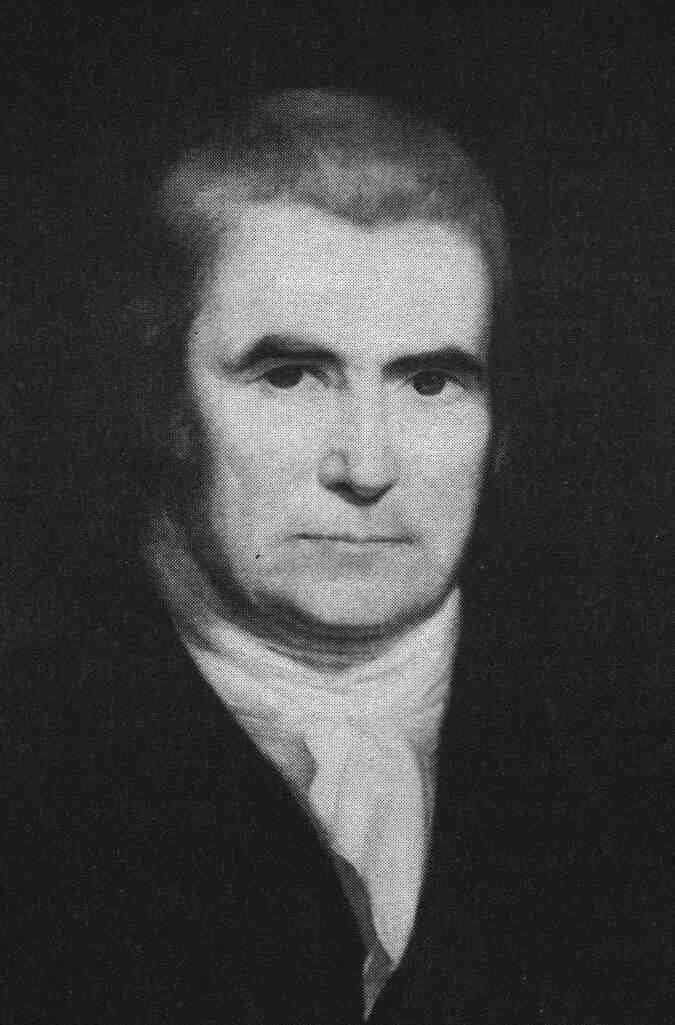

His major judicial opinions are eloquent public papers, written with the conviction that “clearness and precision are most essential qualities,” and designed to inform and persuade the citizens of the new republic about the meaning and purpose of their Constitution. Under his leadership, the Court upheld the constitutionality of a national bank, established the supremacy of the federal judiciary over state courts and legislatures in matters of constitutional interpretation, and profoundly influenced the economic development of the nation through vigorous interpretation of the contract and interstate commerce clauses. His legacy extends far beyond Marbury, which held for the first time that the Supreme Court has the power to declare acts of Congress unconstitutional. In so doing, he joined Washington, his mentor, and Jefferson, his ideological rival, in the first rank of American founders. Madison, “to say what the law is.” As its Chief Justice from 1801 to 1835, Marshall made the Supreme Court a full and equal branch of the federal government. “It is emphatically the province and duty of the judicial department,” John Marshall wrote in Marbury v.


 0 kommentar(er)
0 kommentar(er)
